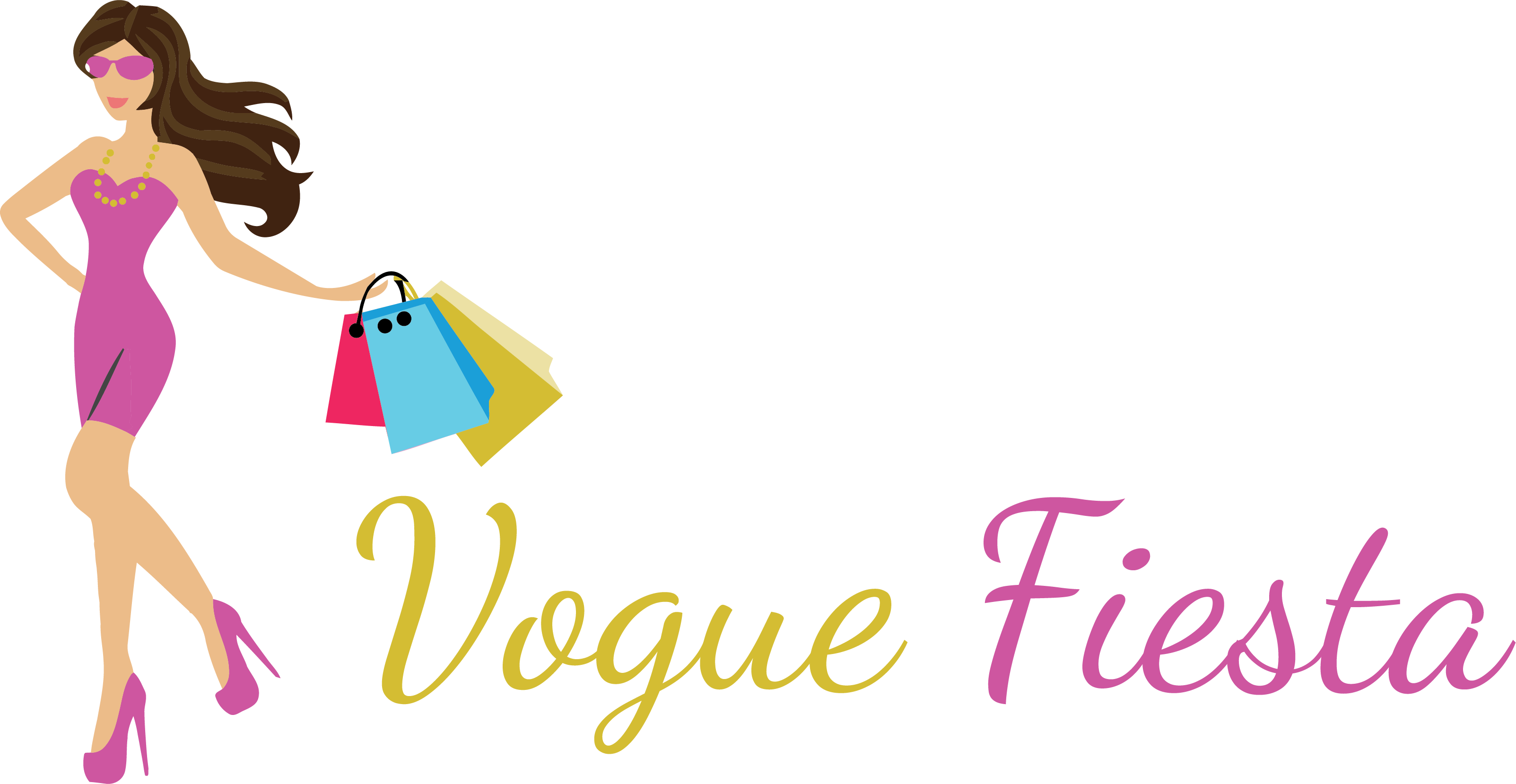As social media platforms like Instagram and TikTok have grown in popularity, so too have fashion blogging and influencer marketing. By presenting their styles and influencing consumer behavior, these influencers and bloggers have made a substantial contribution to the development of the fashion business. We shall examine the function of fashion influencers and bloggers in this post.

Effects of fashion bloggers and influencers
- One of the biggest effects fashion bloggers and influencers have had on the market is the opening up of a new channel for marketers to connect with their target audience. To reach consumers in the past, firms depended on conventional types of advertising like print and television ads. Influencers, however, are now a crucial part of marketing strategies for corporations thanks to the growth of social media. Influencers work with brands to market their products, and in exchange, they are compensated or given free merchandise.
- The fashion industry has become more democratic thanks in part to influencers. The fashion business used to be dominated by a small group of people, including designers, editors, and models. But now that social media is so popular, anyone can start influencing fashion. As a result, the fashion business now has a more diversified representation, and customers can better identify with it.
- Transparency and authenticity in the fashion business have also been championed by bloggers and influencers in the field. They provide their views about goods and companies, which might assist customers in making wise purchases. As customers grow more conscious of the environmental and social consequences of their fashion choices, this has led to a need for transparency and sustainability in the fashion business.
- By encouraging inclusivity and body positivity, fashion bloggers and influencers have contributed to the diversification of the fashion industry. They display a wide variety of styles and body types, which may encourage a more inclusive and varied market depiction of fashion.
- Influencers and fashion bloggers have also had a big impact on how consumers behave. They exhibit their style and encourage their fans to experiment with the newest fashions. Also, they make product suggestions for everything from apparel to cosmetics, and their fans frequently respect their judgment. As a result of influencers driving demand for particular brands, consumer spending on fashion goods has increased.
Are all impacts positive?

Even though fashion bloggers and influencers have significantly influenced the fashion business, influencer marketing also has some drawbacks.
- It runs the risk of encouraging quick fashion and unsustainable consumerism, which is one of the potential negative effects. Influencers frequently include new clothing items in their postings, which might make their followers feel pressed and under pressure to buy new things all the time. This can result in a fast fashion culture where clothing is worn just a few times before being thrown out, which adds to the growing issue of textile waste.
- Influencer marketing also runs the risk of elevating unattainable aesthetic standards. Several influencers advocate for a particular body type, which may cause body image problems among their followers. To collaborate with influencers, firms could feel under pressure to adhere to these aesthetic standards, which could result in a lack of body diversity and inclusivity in the fashion industry.
- Influencers run the danger of endorsing goods they don’t believe in or that don’t fit with their ideals. This may result in a lack of openness and authenticity in influencer marketing, which may erode followers’ faith in influencers.
- In addition, influencers may feel under pressure to consistently develop fresh content and promote new goods as a result of influencer marketing. Influencers may feel under pressure to produce material that would attract the most likes and follows, which can result in fatigue and a lack of innovation in content development.
Therefore, even though fashion bloggers and influencers have contributed significantly to the fashion business, influencer marketing’s potential drawbacks must be taken into account. Influencers and brands should seek to advance sustainable consumerism, inclusivity and diversity of all body types, sincerity and transparency, and a positive work-life balance.

